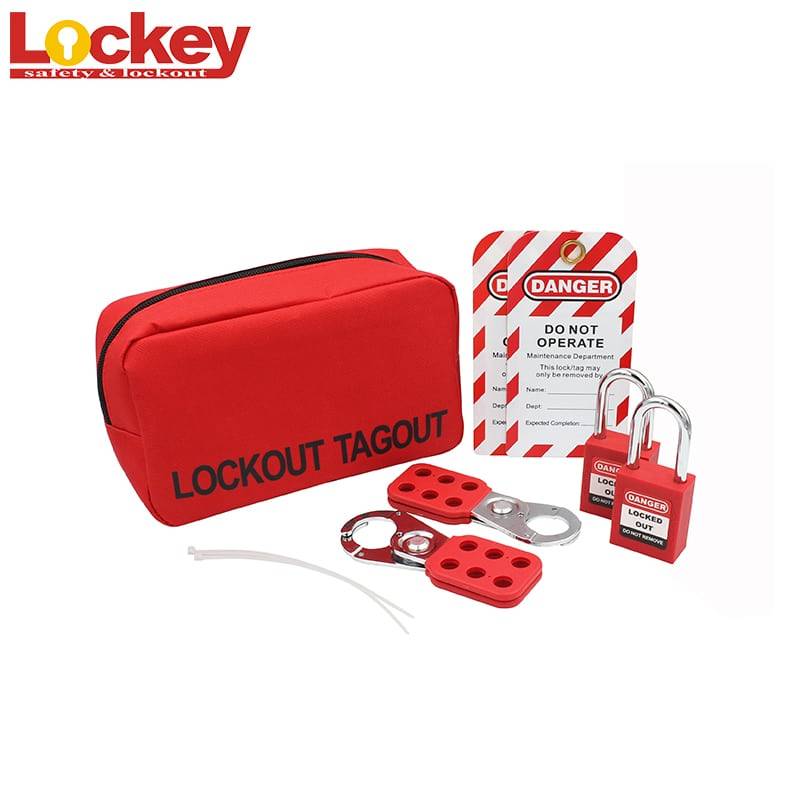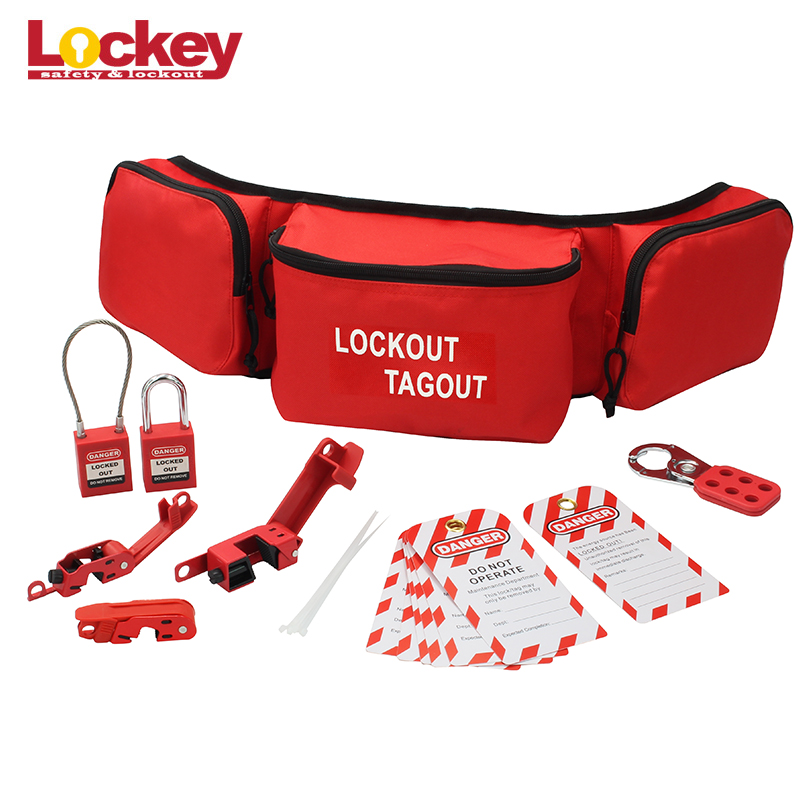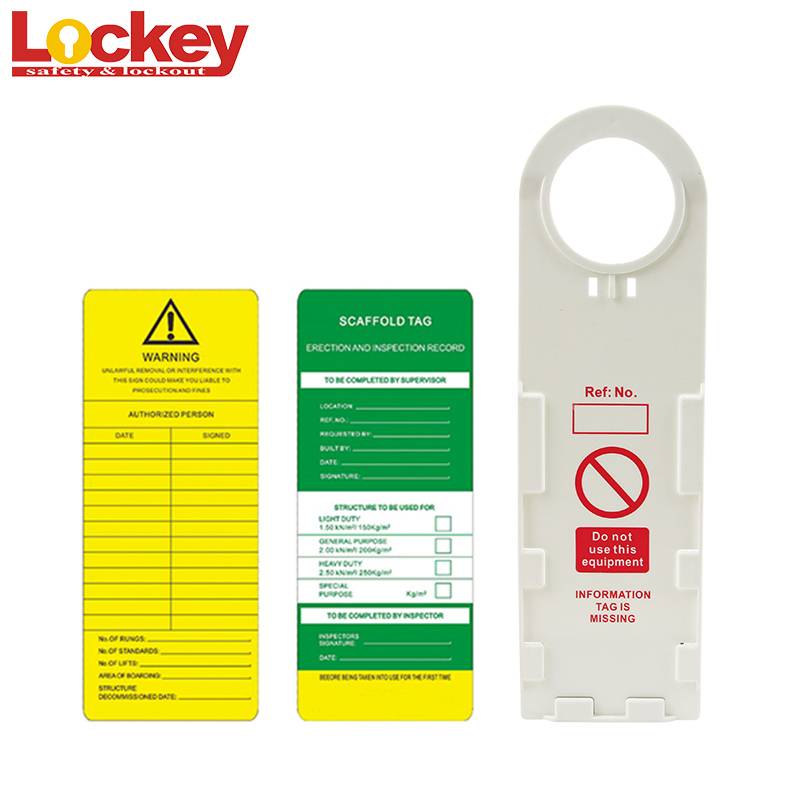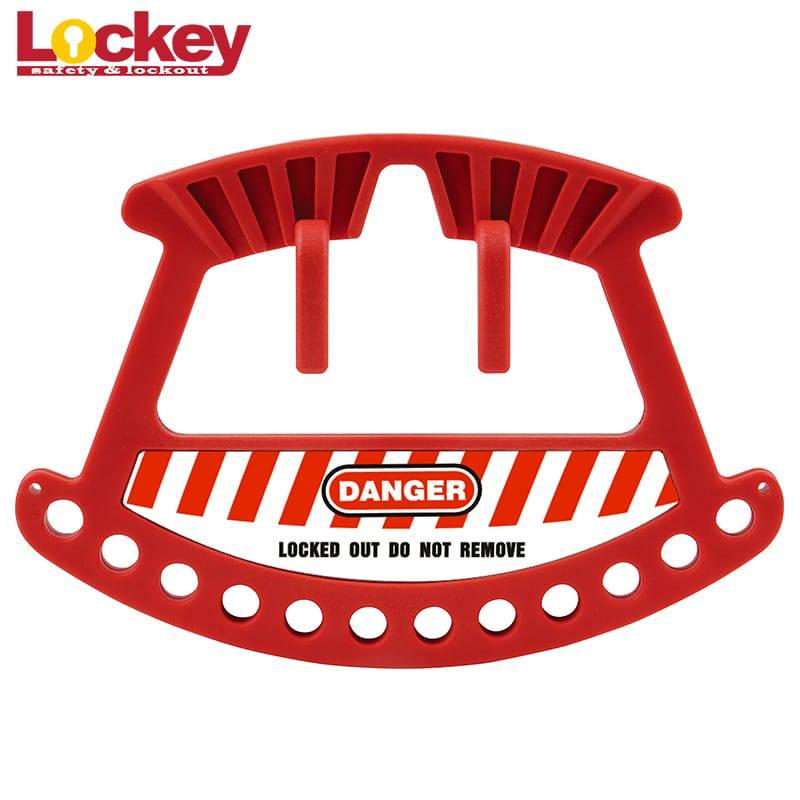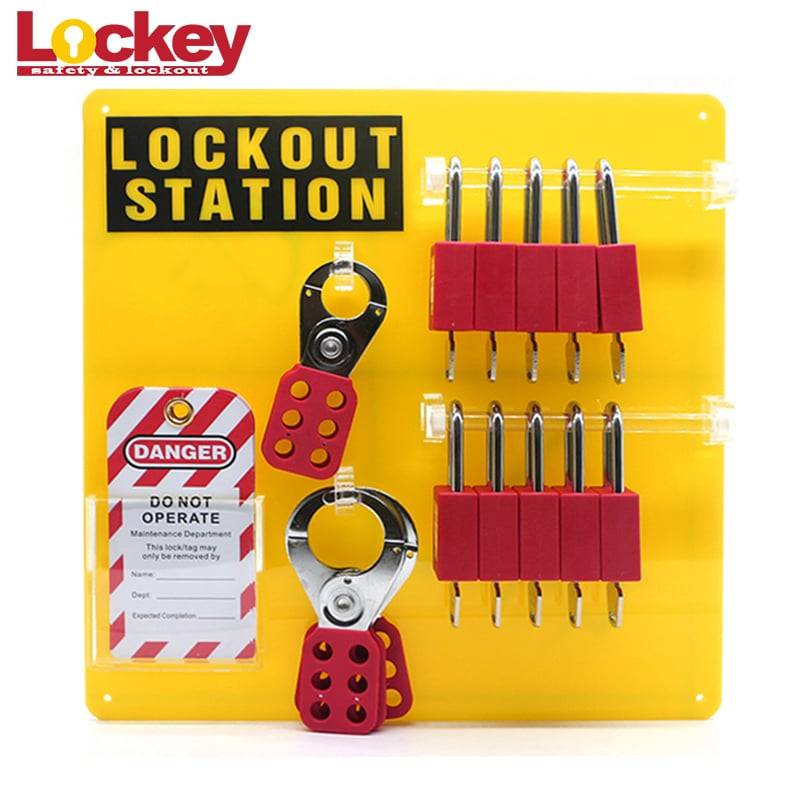2020 High quality Circuit Breaker Lockout Device - Moulded Case Circuit Breaker Lockout CBL01-2 – Lockey
2020 High quality Circuit Breaker Lockout Device - Moulded Case Circuit Breaker Lockout CBL01-2 – Lockey Detail:
Moulded Case Circuit Breaker Lockout CBL01-2
a) Made from engineering plastic strengthened nylon PA.
b) Lock out different types of circuit breakers.
c) Fits on breaker toggles and can be tightened using screw driver.
| Part NO. | Description |
| CBL01-1 | Size:45mm×25mm×10mm,max clamping 10mm,using screw driver |
| CBL01-2 | Size:45mm×25mm×10mm,max clamping 10mm,without tools |
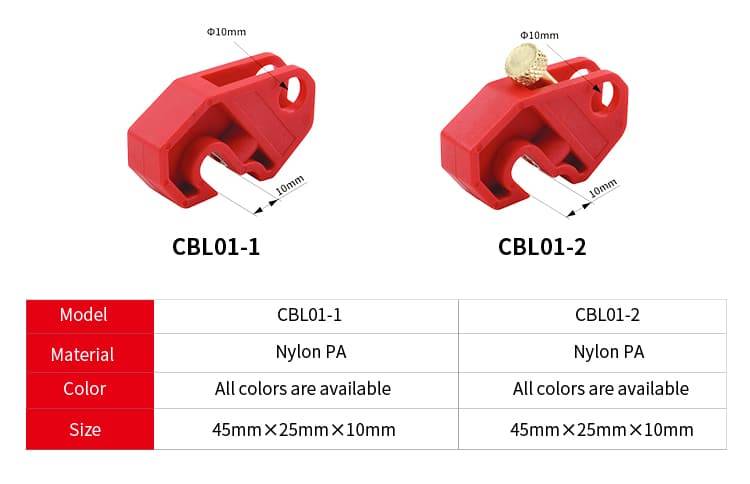
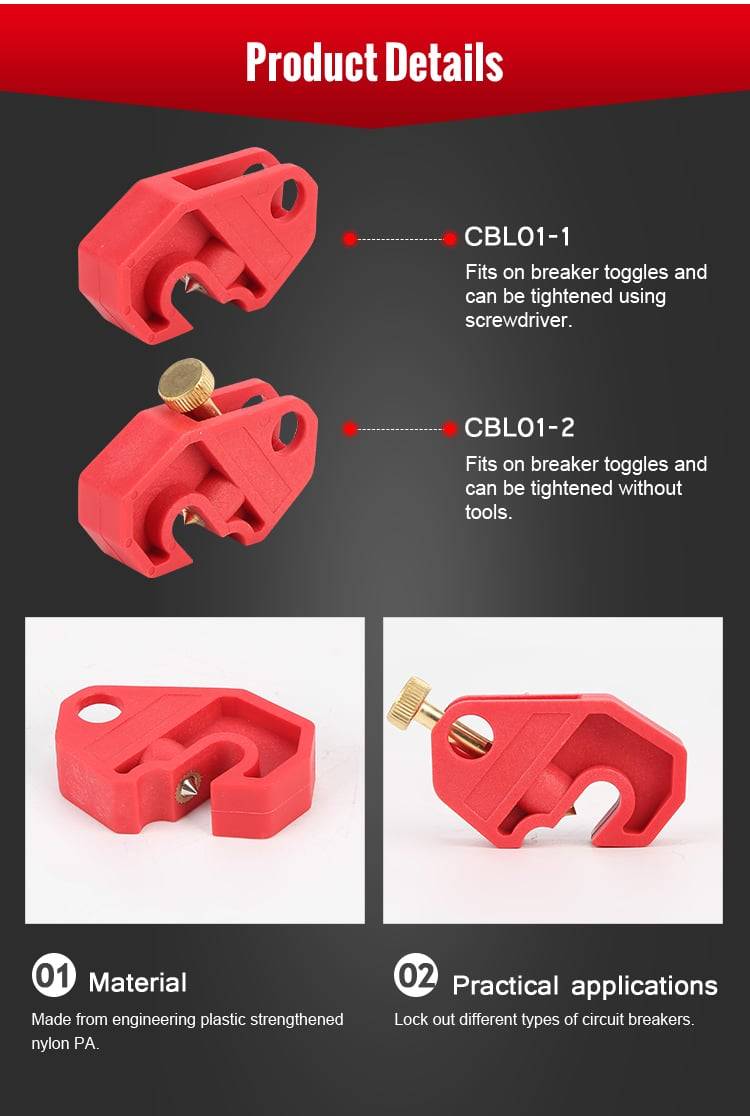
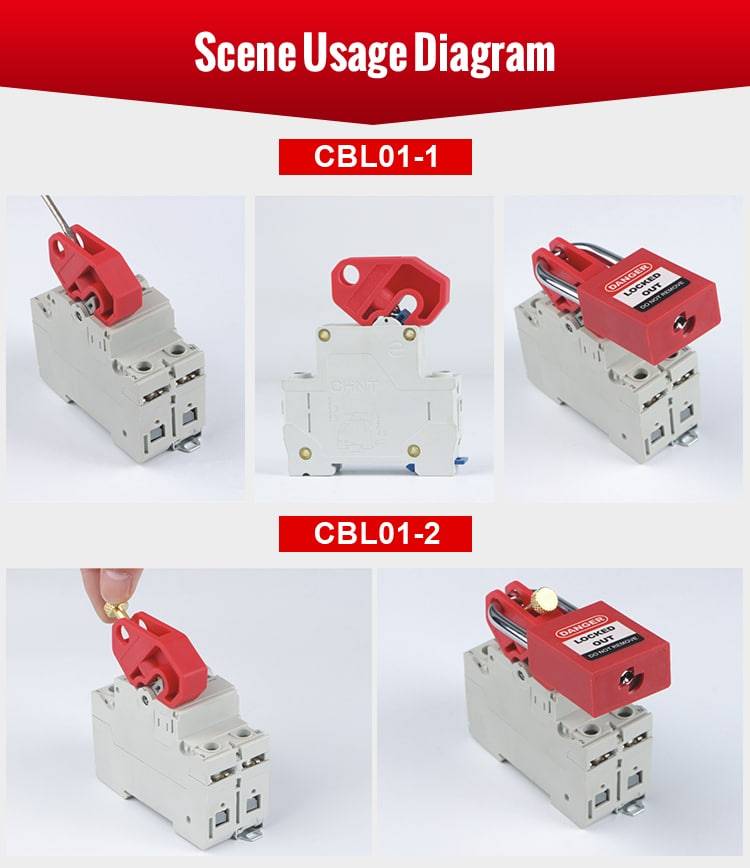
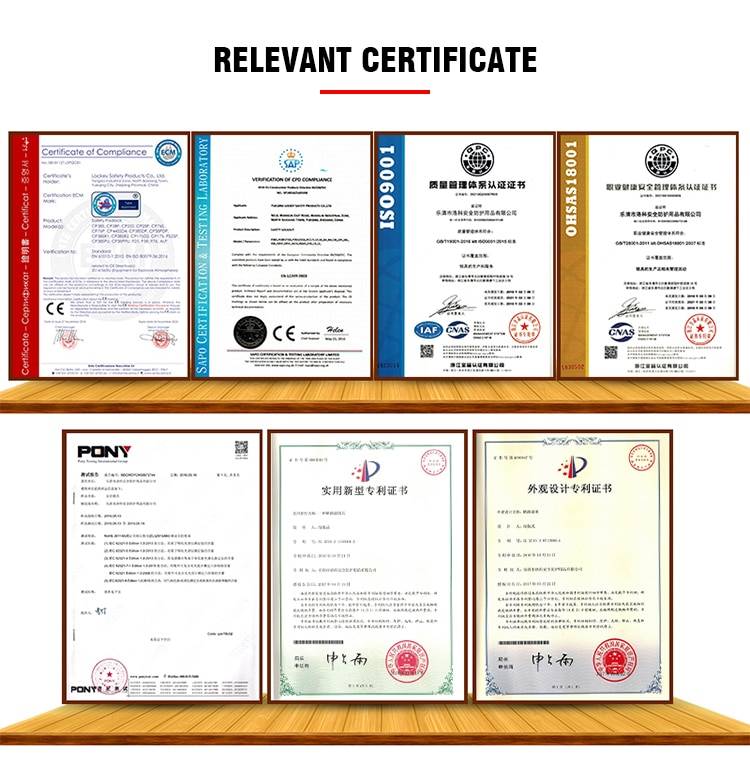
Project Details
Categories:
Circuit Breaker Lockout
The utility model relates to a circuit breaker safety lock device, in which a padlock fastener is arranged at the corresponding position of the face cover of the mounting case and the breaker opening button, and a padlock is arranged to lock the circuit breaker button through the fastener and the padlock. The utility model can effectively avoid serious personal casualties or major accidents of electrical line equipment, eliminate the hidden danger of safety and improve the safety of electricity use.
Power outage, tagout, tripartite confirmation
Before the maintenance, the maintenance of the power supply to confirm, multiple equipment common power supply, in the case of not affecting other equipment, you can carry out power off operation. If it interferes with some equipment, it can be temporarily disconnected after taking safety measures to carry out wire picking operation. If the power is controlled by a single device, the power can be cut off directly. No matter what kind of power supply must comply with: first disconnect the branch power supply, then disconnect the trunk power supply. Break the air circuit breaker first, then the disconnecting switch. After the completion of power outage operation, the sign prohibiting closing shall be hung in the operable part. The sign shall indicate the team, maintenance person, maintenance time content and contact information, and the safety officer shall be responsible for supervision.
Would it be all right to leave the lock/hang out?
No way!
First of all, national, industry and enterprise standards have clear provisions on dangerous energy isolation and Lockout tagout:
Mechanical Safety Hazardous Energy Control Method Lockout Tagout
The standard specifies requirements for dangerous energy control that may cause injury to persons; Protection steps, techniques, designs, methods and performance indicators for controlling accidental release of hazardous energy to prevent injury to personnel. It is suitable for the design, manufacture, installation, construction, repair, adjustment, inspection, dredging, setting, trouble finding, testing, cleaning, disassembly, maintenance and maintenance of the machine in its whole life cycle.
Product detail pictures:


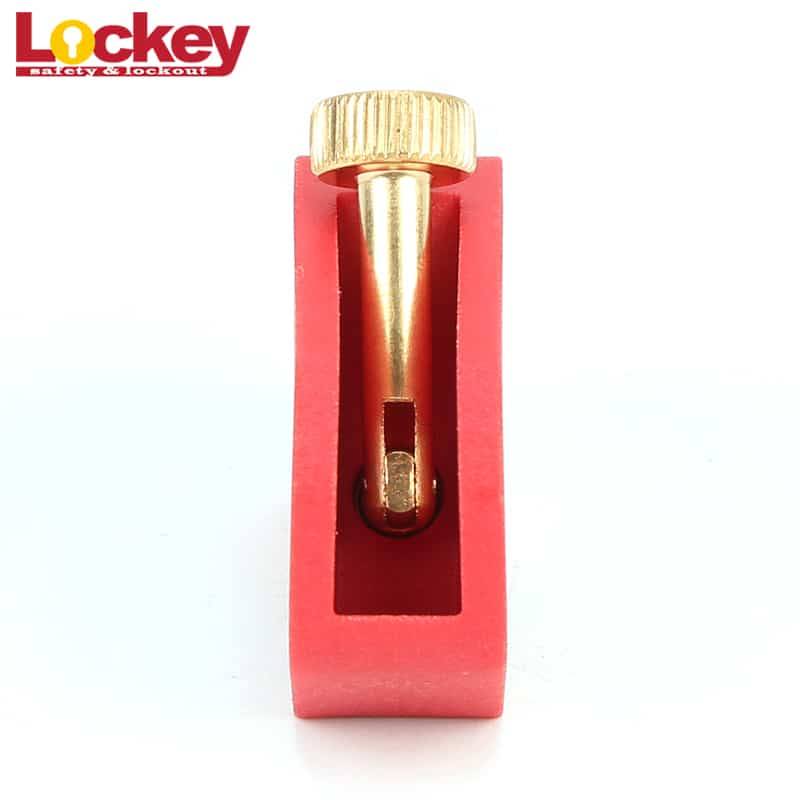
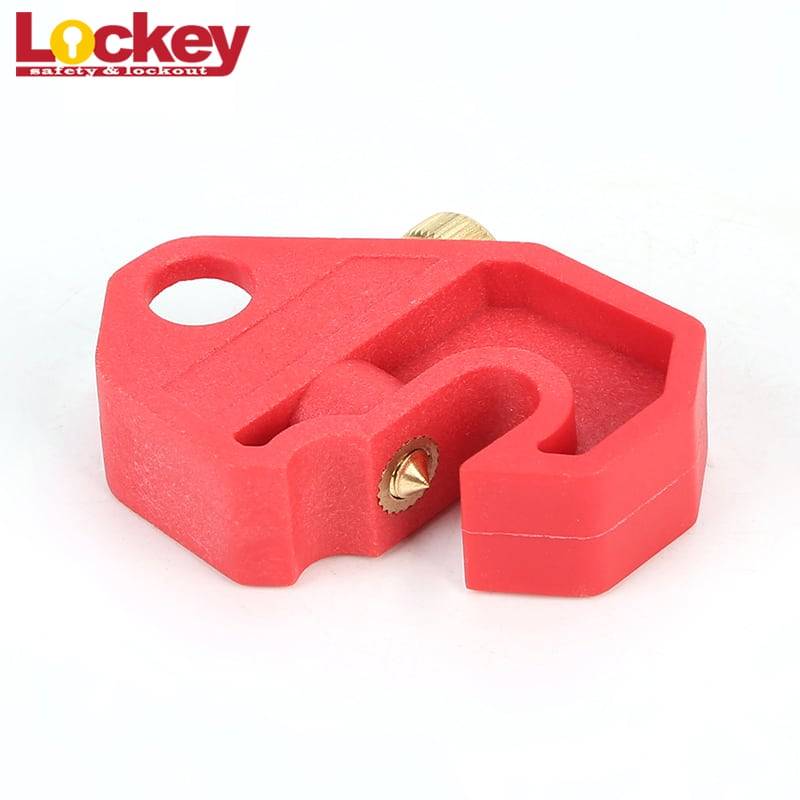
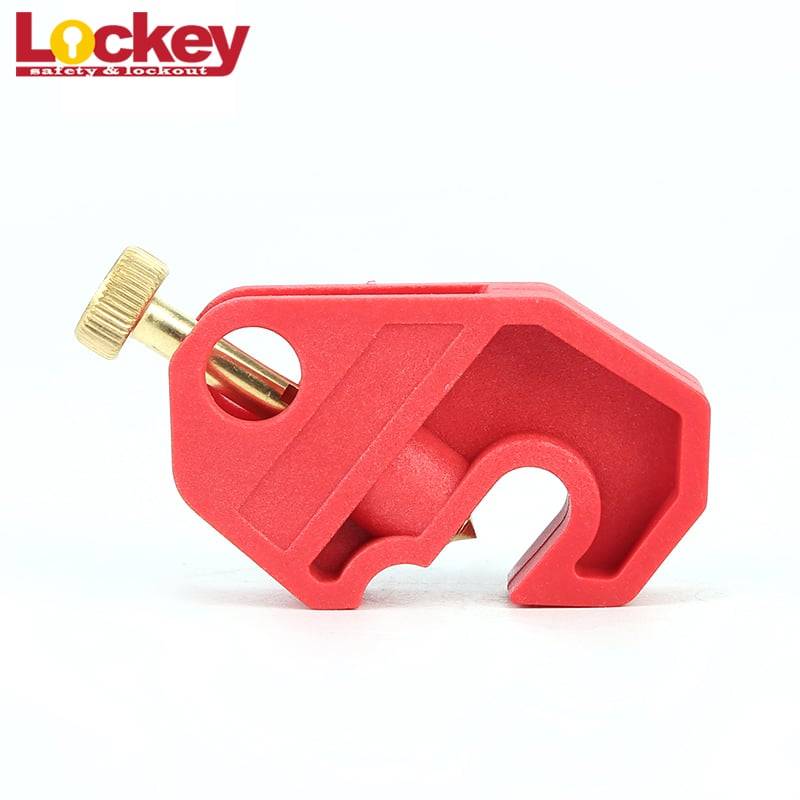
Related Product Guide:
Responsibilities of LOTO specialists
Hazardous energy isolation and Lockout tagout
Being supported by an innovative and experienced IT team, we could present technical support on pre-sales & after-sales service for 2020 High quality Circuit Breaker Lockout Device - Moulded Case Circuit Breaker Lockout CBL01-2 – Lockey , The product will supply to all over the world, such as: Slovakia, Bangladesh, India, Our company has a skillful sales team, strong economic foundation, great technical force, advanced equipment, complete testing means, and excellent after-sales services. Our items have beautiful appearance, fine workmanship and superior quality and win the unanimous approvals of the customers all over the world.
This is a very professional and honest Chinese supplier, from now on we fell in love with the Chinese manufacturing.


